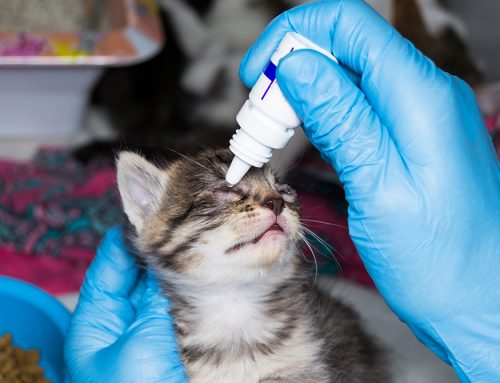At Mission Veterinary Clinic, we understand that your pet’s health is your top priority. Bladder stones, also known as uroliths, are a common and potentially serious condition that affects many dogs and cats. We’ve put together this information sheet to help you understand the signs, causes, and treatment options for bladder stones in pets.
What Are Bladder Stones?
Bladder stones are hard, rock-like formations that develop in the bladder. They can vary in size and number, ranging from a single large stone to multiple smaller ones. These stones are composed of various minerals that crystallize in the urine. The most common types of bladder stones include struvite, calcium oxalate, and urate stones.
Causes of Bladder Stones
Bladder stones can develop for several reasons, including:
- Diet: Certain diets can lead to an imbalance of minerals in the urine, contributing to stone formation.
- Urinary Tract Infections (UTIs): Recurrent UTIs can create an environment that encourages the formation of stones.
- Genetics: Some breeds are more prone to developing bladder stones due to genetic factors.
- Underlying Health Conditions: Conditions such as liver disease or hypercalcemia can increase the risk of stone formation.
Signs and Symptoms:
The symptoms of bladder stones can vary depending on the size and location of the stones. Common signs to watch for include:
- Difficulty or pain during urination
- Blood in the urine (hematuria)
- Frequent urination or straining to urinate
- Lethargy and loss of appetite
- Recurrent urinary tract infections
Diagnosis:
If you suspect your pet has bladder stones, it’s important to seek veterinary care promptly. At Mission Veterinary Clinic, we diagnose bladder stones using a combination of:
- Physical Examination: A thorough examination to assess your pet’s overall health.
- Urinalysis: Laboratory analysis of your pet’s urine to check for crystals, blood, and signs of infection.
- Imaging: X-rays or ultrasound may be used to visualize the stones and determine their size, number, and location.
Treatment Options:
Treatment for bladder stones depends on the type, size, and number of stones, as well as your pet’s overall health. Common treatment options include:
- Dietary Management: Special prescription diets can help dissolve certain types of stones or prevent them from forming.
- Medications: Antibiotics may be prescribed if an infection is present, and medications may be used to manage pain and inflammation.
- Surgical Removal: In cases where stones are too large to pass naturally, surgery may be necessary to remove them.
- Non-Surgical Methods: Some stones may be treated with a procedure called urohydropropulsion, where the stones are flushed out of the bladder.
Prevention
Preventing bladder stones involves managing your pet’s diet and monitoring their urinary health. Regular veterinary check-ups, proper hydration, and feeding a balanced diet can help reduce the risk of stone formation.
Visit Mission Veterinary Clinic for Urgent Care
If you notice any signs of bladder stones in your pet, it’s essential to seek veterinary attention as soon as possible. At Mission Veterinary Clinic, we provide urgent care for your pets, offering walk-in services with no appointments required. Our clinic is located in the San Fernando Valley at 16915 San Fernando Mission Blvd, Granada Hills, CA 91344. We are open from 9 AM to 11 PM, seven days a week. For more information, please call us at 818-363-8143.
Your pet’s health is our priority. Trust the experienced team at Mission Veterinary Clinic to provide compassionate and expert care for your furry family members.










Leave A Comment